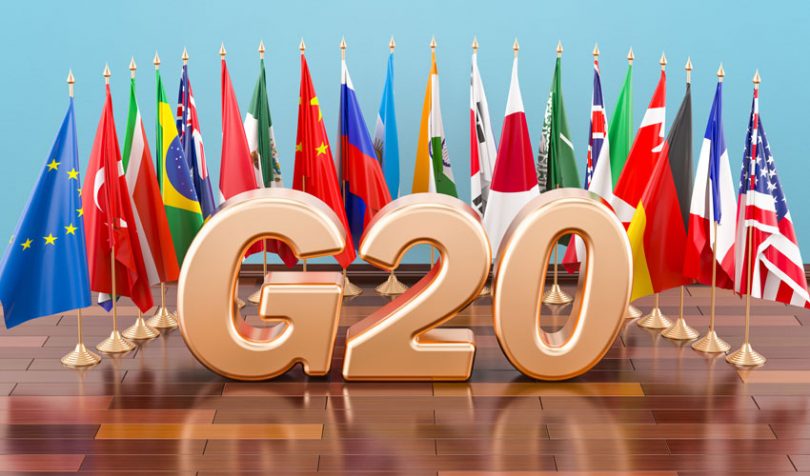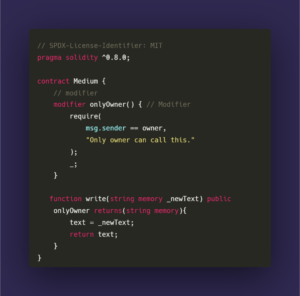
- The US Department of Justice (DoJ) has confirmed they will double the crypto crime team established in 2021 to intensify the investigation and prosecution of criminal offences around cryptocurrency abuse
- The DoJ team has helped the US bring charges against FTX CEO Sam Bankman, Alameda Research, Binance, and Bitzlato
- FSB said on July 17, 2023, that last year’s crypto crashes influenced its global regulatory framework for cryptocurrency assets activities
US Department of Justice double up on crypto crime investigations
The US Department of Justice (DoJ) has confirmed they will double the crypto crime team established in 2021 to intensify the investigation and prosecution of criminal offences around cryptocurrency abuse. The new DoJ team has been formed from a merger of two organizations. They include the Computer Crime and Intellectual Property Section (CCIPS) and the National Cryptocurrency Enforcement Team (NCET). This directive comes after the SEC case against Ripple, an increased number of crypto company crashes, and a backlog of crypto scammers.
Nicole Argentieri, the Principal Deputy Assistant Attorney General, noted that the team is supercharged to track criminals through their crypto transactions. The DoJ team has helped the US bring charges against FTX CEO Sam Bankman, Alameda Research, Binance, and Bitzlato (Hong Kong-based digital exchange).
The crypto landscape is rapidly changing and prosecutors need more reforms and a better understanding of the landscape. The DoJ is not the only institution that has intensified its stance against cryptocurrencies.
Read: The time is ripe to fast-track crypto regulation in Africa
The G20 new crypto regulatory recommendations
The G20 Finance Stability Board (FSB) has come up with more regulatory recommendations to take action in the crypto industry. The Board has set out nine recommendations for regulators on how to supervise crypto companies and market operations. Furthermore, the Board has also revised its recommendations on the oversight of stablecoins.
FSB said on July 17, 2023, that last year’s crypto crashes influenced its global regulatory framework for cryptocurrency assets activities. This includes the infamous FTX and Terra crashes that persisted in 2022.
“The events of the last year have highlighted the intrinsic volatility and structural vulnerabilities of crypto-assets ,” the FSB said. “They have also illustrated that the failure of a key service provider in the crypto-asset ecosystem can quickly transmit risks to other parts of that ecosystem. As recent events have illustrated, if linkages to traditional finance were to grow further, spillovers from crypto-asset markets into the broader financial system could increase.
Some of the recommendations drafted came from the participation of the public, through FSB’s public consultation process. The framework is based on two distinct recommendations.
- High-level recommendations for the supervision, regulation, and oversight of crypto assets activities and markets.
- High-level recommendations for the supervision, regulation, and oversight of stablecoin arrangements (revised).
The FSB has strengthened both of these sets of high-level recommendations in three areas:
- Ensuring adequate safeguarding of client assets.
- Addressing risks associated with conflicts of interest.
- Strengthening cross-border cooperation.
The G20 countries include the United States, the United Kingdom, Australia, Brazil, Australia, China, France, Canada, Germany, Indonesia, India, Italy, Japan, Korea, Mexico, Saudi Arabia, Russia, South Africa, Turkey, and the European Union.
Read: Blockchain Security: Lessons learnt in 2022, expectations for 2023
- SEO Powered Content & PR Distribution. Get Amplified Today.
- PlatoData.Network Vertical Generative Ai. Empower Yourself. Access Here.
- PlatoAiStream. Web3 Intelligence. Knowledge Amplified. Access Here.
- PlatoESG. Automotive / EVs, Carbon, CleanTech, Energy, Environment, Solar, Waste Management. Access Here.
- BlockOffsets. Modernizing Environmental Offset Ownership. Access Here.
- Source: https://web3africa.news/2023/07/24/news/department-of-justice-g20-finance-stability-board-step-up-scrutiny-on-crypto-assets/
- :has
- :is
- :not
- $UP
- 17
- 2021
- 2022
- 2023
- a
- abuse
- Action
- activities
- africa
- After
- against
- Alameda
- ALAMEDA RESEARCH
- also
- an
- and
- areas
- around
- AS
- Assets
- Assistant
- associated
- attorney
- Attorney General
- Australia
- based
- been
- Better
- binance
- board
- both
- Brazil
- bring
- broader
- came
- CAN
- Canada
- case
- ceo
- changing
- charges
- China
- client
- come
- comes
- Companies
- company
- computer
- CONFIRMED
- cooperation
- could
- countries
- Crime
- Criminal
- Criminals
- cross-border
- crypto
- crypto companies
- crypto company
- crypto crime
- Crypto Industry
- crypto landscape
- Crypto regulation
- crypto transactions
- crypto-assets
- cryptocurrencies
- cryptocurrency
- Cryptocurrency Assets
- Department
- department of justice
- Department of Justice (DoJ)
- deputy
- digital
- distinct
- DoJ
- double
- drafted
- ecosystem
- enforcement
- established
- European
- european union
- events
- exchange
- expectations
- Failure
- finance
- financial
- financial system
- For
- formed
- Framework
- France
- from
- fsb
- FTX
- FTX CEO
- further
- Furthermore
- G20
- General
- Germany
- Global
- Grow
- Have
- helped
- high-level
- Highlighted
- Hong
- How
- How To
- HTTPS
- if
- in
- include
- includes
- increased
- india
- Indonesia
- industry
- infamous
- influenced
- Institution
- intellectual
- intellectual property
- interest
- into
- intrinsic
- investigation
- Italy
- ITS
- Japan
- jpg
- July
- July 17
- Justice
- Key
- Kingdom
- korea
- landscape
- Last
- Last Year
- Lessons
- Market
- Markets
- Merger
- Mexico
- more
- National
- national cryptocurrency
- Need
- New
- new crypto
- noted
- number
- of
- on
- only
- Operations
- organizations
- Other
- out
- Oversight
- participation
- parts
- plato
- Plato Data Intelligence
- PlatoData
- Principal
- process
- property
- PROSECUTION
- prosecutors
- provider
- public
- quickly
- rapidly
- recent
- recommendations
- Regulation
- Regulators
- regulatory
- research
- Ripple
- risks
- Russia
- safeguarding
- Said
- Sam
- Sam Bankman
- Saudi
- Saudi Arabia
- Scammers
- scrutiny
- SEC
- SEC Case
- Section
- security
- service
- Service Provider
- set
- Sets
- South
- South Africa
- Stability
- stablecoin
- Stablecoins
- States
- Step
- structural
- supervision
- system
- Take
- team
- Terra
- that
- The
- The Landscape
- the United Kingdom
- their
- These
- they
- this
- three
- Through
- time
- to
- track
- traditional
- traditional finance
- Transactions
- transmit
- Turkey
- two
- understanding
- union
- United
- United Kingdom
- United States
- us
- US Department of Justice
- Volatility
- Vulnerabilities
- were
- will
- with
- year
- zephyrnet













